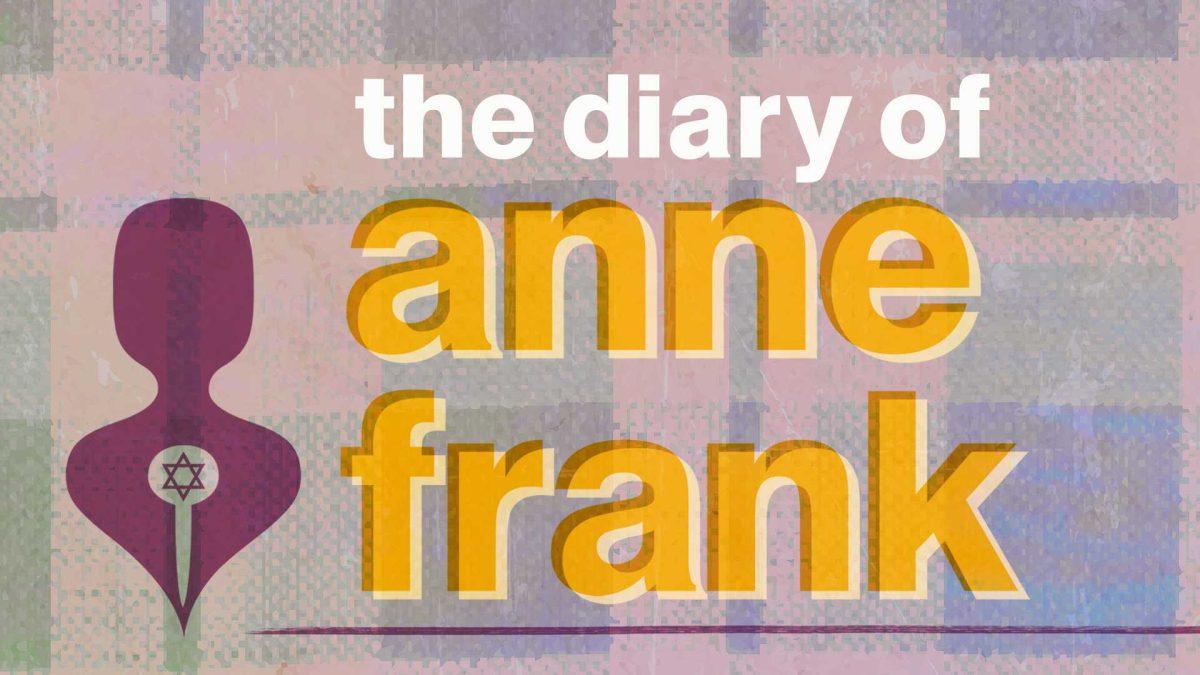Most people know Anne Frank — her story has been famously told for decades. But what you may not know is who she was beyond the Holocaust, beyond her years-long hideaway from the Nazis. From Amsterdam to Baton Rouge, the Holocaust victim and diarist’s story has a chance to be retold nearly 80 years later, right here at the University.
LSU’s School of Theatre begins its mainstage season with Frances Goodrich and Albert Hackett’s play “The Diary of Anne Frank,” adapted by playwright Wendy Kesselman. The production’s opening night takes place Nov. 9 at 7:30 p.m. in the Reilly Theatre located at Tower Drive on the University’s campus.
Student tickets are $14, but if you’re looking for a cheaper option, you can attend the pay-what-you-can preview on Nov. 7 or the $12 preview on Nov. 8. The show will be open through Nov. 18, and tickets are available online at www.lsu.edu/cmda/theatre or at the door.
The setting of “The Diary of Anne Frank” begins in 1942 Amsterdam as the Jewish Frank and van Daan families move into hiding to avoid capture by the Nazis. Victor Kugler (known as Mr. Kraler) and Miep Gies, Christian business associates and trusted friends, help everyone get settled in the “secret annex” where the families live until their arrest in August 1944.
The play follows the lives of the Frank and van Daan families as they live their lives in constant fear while hiding from the Nazi regime. Anne’s words are present throughout the play, providing a gateway into the scenes’ most intimate and personal moments. We see their life through Anne’s eyes as if it is a live-action version of the diary itself.
In the play, the audience catches a glimpse of what life was like for a young girl reaching adolescence during one of the biggest Fascist waves in the world’s history. As Europe becomes more infiltrated by the Nazis, the audience gets to see that Anne is not just focused on the war — she is concerned with love, parental relationships and other conflicts any teenage girl might worry about.
The play’s director, Sanaz Ghajar, is an Iranian-American director, writer and artistic director of award-winning theatre company Built for Collapse. With the company, she wrote and directed “Nuclear Love Affair,” which played to houses in New York City, Prague, Rome and Kraków, Poland.
Most recently, Sanaz developed and directed “Danger Signals,” a collaboration with British playwright Nina Segal and pop musician Jen Goma. The play received its world premiere in New York City in the spring as part of the Archive Residency program, a partnership between the New Ohio Theatre and Indiana Repertory Theatre.






